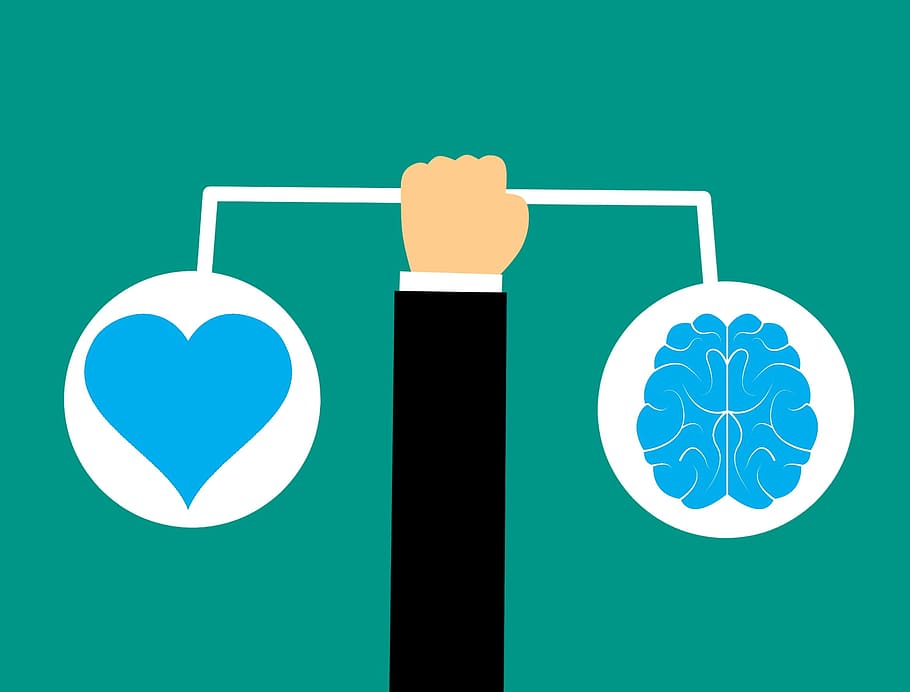
FAQ About Basics of Emotional Intelligence
How can emotional intelligence be beneficial in stressful situations?
Emotional intelligence (EI) is highly beneficial in stressful situations as it equips individuals with skills to effectively navigate and manage their emotions.
EI enables individuals to be aware of their own emotions, including recognizing signs of stress and understanding how stress affects them personally. Self-awareness allows individuals to monitor their emotional state and take proactive steps to manage stress before it becomes overwhelming.
EI fosters empathy, which is crucial in stressful situations involving interpersonal interactions. Understanding the emotions and perspectives of others can help individuals navigate conflicts, collaborate, and communicate effectively. By demonstrating empathy, individuals can build supportive relationships, diffuse tension, and work towards mutually beneficial solutions in high-stress situations.
EI enhances communication skills, which are vital in stressful situations. High EI individuals can express themselves clearly and assertively, while also listening attentively to others. Effective communication helps reduce misunderstandings, resolve conflicts, and collaborate with others to find solutions in high-stress environments.
EI promotes self-care and well-being during times of stress. High EI individuals recognize the importance of taking care of their physical and emotional needs. They prioritize self-care activities such as exercise, healthy eating, rest, and seeking support from others. By attending to their own well-being, individuals can better manage stress and maintain their overall resilience.
In summary, emotional intelligence provides individuals with the tools and skills to effectively navigate and manage stress. Through self-awareness, emotional regulation, resilience, empathy, problem-solving, effective communication, building support networks, and self-care, individuals can better cope with stress, make informed decisions, maintain well-being, and thrive even in challenging circumstances.
